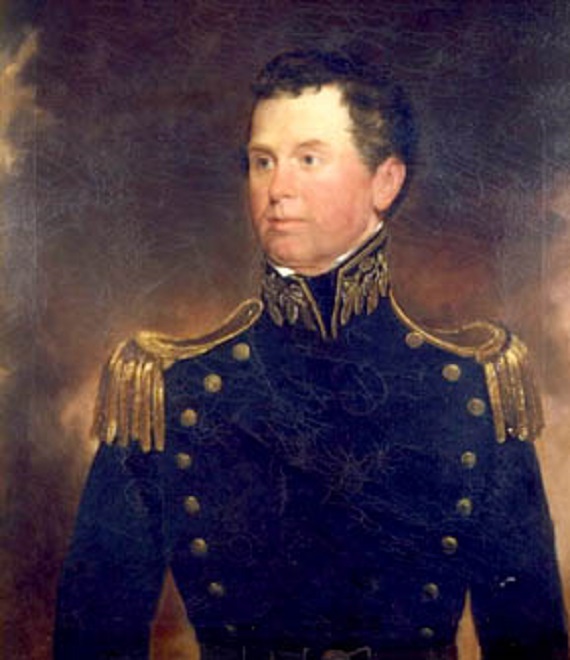During the time of the secession of South Carolina and other Southern states, and after Abraham Lincoln called for militia troops from all the states to invade the South in April 1861, many officers in the army and navy of the United States resigned their commissions (and most who resigned offered their services to the Confederate States of America). One naval officer who submitted his resignation at this time was Commodore Isaac Mayo. The following is an excerpt from his letter to President Lincoln on May 1, 1861:
I hereby most respectfully tender to you my resignation of the office of Captain in the United States Navy. For more than half a century it has been the pride of my life to hold office under the government of the United States. For twenty-five years I have been engaged in active service, and have never seen my flag dishonored or the American arms disgraced by defeat. It was the hope of my old age that I might die, as I had lived, an officer in the navy of a free government. This hope has been taken from me. In adopting the policy of coercion, you have denied to millions of freemen the rights of the Constitution. In its stead you have placed the will of a sectional party, and now demand submission in the name of an armed force. As one of the oldest soldiers of America, I protest—in the name of humanity—against this ‘war against brethren.’ I cannot fight against the Constitution, while pretending to fight for it. You will, therefore, oblige me by accepting my resignation.
Isaac Mayo (1791-1861) of Maryland was a highly-decorated and respected naval officer. In 1850, he was named Commander-in-Chief of the United States naval forces in the Mediterranean and off the West Coast of Africa. Rather than accept his resignation in 1861, President Lincoln ordered that Mayo be dismissed from the service after a long and honorable naval career, which included service in the War of 1812, and the Seminole and Mexican wars, as well as the award of the Medal of Valor. Mayo died shortly after his disgrace, possibly by suicide.
Commodore Mayo’s flagship was the USS Constitution, named by President George Washington after the Constitution of the United States. Launched in 1797, she still exists today as the world’s oldest floating fully commissioned naval vessel, though, like her namesake, she is largely only a relic of the past.







